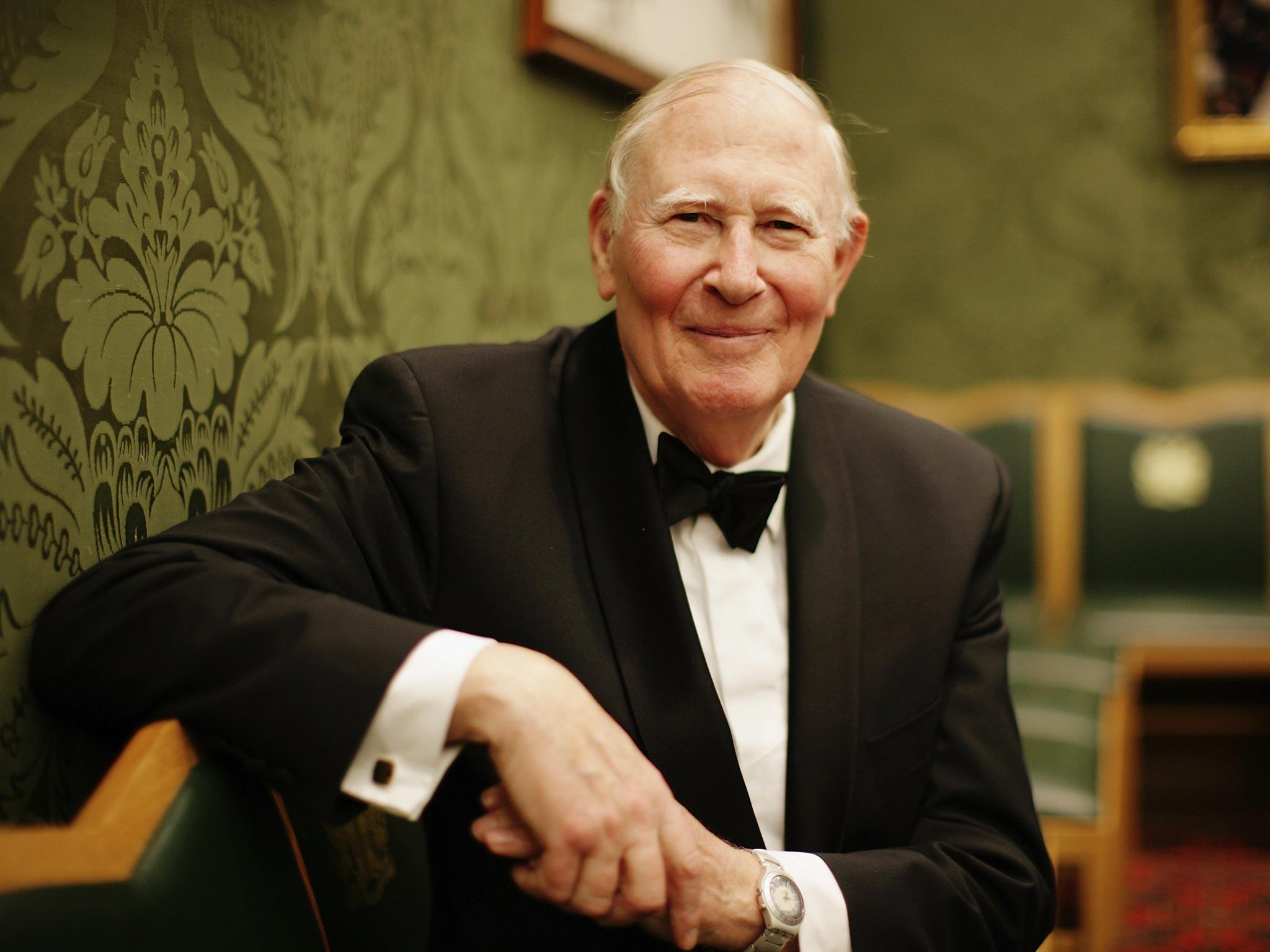Athlete-turned-neurologist Roger Bannister has Parkinson’s
Bannister has revealed he is suffering from Parkinson's disease but has reflected on his astounding achievement 60 years ago and compared it to his 1954 Commonwealth Games success

Your support helps us to tell the story
From reproductive rights to climate change to Big Tech, The Independent is on the ground when the story is developing. Whether it's investigating the financials of Elon Musk's pro-Trump PAC or producing our latest documentary, 'The A Word', which shines a light on the American women fighting for reproductive rights, we know how important it is to parse out the facts from the messaging.
At such a critical moment in US history, we need reporters on the ground. Your donation allows us to keep sending journalists to speak to both sides of the story.
The Independent is trusted by Americans across the entire political spectrum. And unlike many other quality news outlets, we choose not to lock Americans out of our reporting and analysis with paywalls. We believe quality journalism should be available to everyone, paid for by those who can afford it.
Your support makes all the difference.Sir Roger Bannister has revealed that he is suffering from Parkinson’s disease. The athletics record-breaker was diagnosed with the neurological disorder three years ago, he said, and he now has trouble walking.
He added that, as a former neurologist, he considered the fact that he had contracted the disease “a gentle irony”. The news comes just days before the 60th anniversary of his historic sub-four-minute-mile run.
Sir Roger, 85, told BBC Radio Oxford that while the condition caused him “difficulties”, he had tried not to allow it to interfere with his activities.
“Life has its physical challenges,” he said. “I’ve not been free of other illness. I take every day as it comes and the pleasure that I see is much of it directed towards what my grandchildren are achieving. [But] intellectually I think and believe and hope that I am not [degenerating].”
Sir Roger astonished the world and made sporting history when he became the first man to run a mile in under four minutes at Oxford’s Iffley Road track on 6 May 1954.
He achieved success as an athlete while still a student at medical school in Oxford, and went on to become a leading neurologist, as well as writing academic papers on the physiology of exercise.
Parkinson’s affects around one in 500 people and there are estimated to be nearly 130,000 in the UK with the condition, including comedian Billy Connelly. Former boxing champion Muhammad Ali is a sufferer, as is Grammy award winner Linda Ronstadt.
The disease is caused by a loss of nerve cells in one part of the brain and results in a loss of control over muscle movement. People living with Parkinson’s experience involuntary shaking and stiffness that makes day-to-day activities difficult. It can be treated with drugs but there is no known cure, and it is progressive.
“I have seen, and looked after, patients with so many neurological and other disorders that I am not surprised I have acquired an illness,” Sir Roger said. “It’s in the nature of things, there’s a gentle irony to it. I don’t intend to let it interfere – as much as I can.
“I am aware of all the research that’s been done,” he added. “I think it will take some time before there is a breakthrough, but the management and drug treatments are improving all the time.
Join our commenting forum
Join thought-provoking conversations, follow other Independent readers and see their replies
Comments